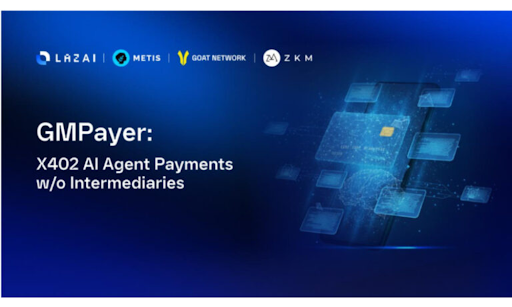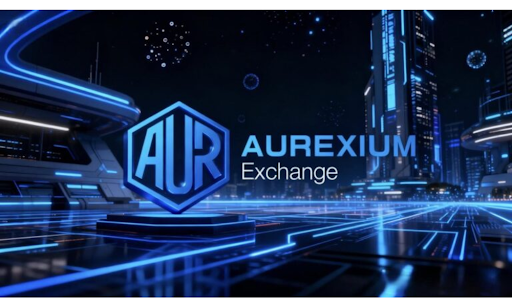Uniswap Foundation Leads Coalition Urging Treasury Secretary To Clarify DAO Legal Framework

The Uniswap Foundation spearheaded a coalition of 18 major cryptocurrency organizations in petitioning Treasury Secretary Scott Bessent for federal guidance on decentralized autonomous organization compliance. According to CryptoSlate, the September 2 letter cites persistent legal uncertainty that has driven innovation offshore.
The document advocates for federal recognition of Wyoming's Decentralized Unincorporated Nonprofit Association framework, signed into law in 2024. The DUNA framework allows DAOs to engage in contractual relationships, manage treasury funds, and comply with tax obligations while shielding token holders from personal liability. Senator Cynthia Lummis endorsed the framework and championed efforts to build the legal foundation American innovators need to succeed.
Eighteen organizations co-signed the letter, including established entities such as Polygon, Tally, and the Blockchain Association, alongside newer players like ZKsync, Morpho, and the Solana Policy Institute. The diverse coalition spans infrastructure providers, DeFi protocols, venture funds, and policy advocacy groups.
Why This Matters
The coalition's initiative addresses three critical challenges facing DAO participants nationwide. The letter states that DAOs in the US have historically faced persistent legal uncertainty, with many lacking clarity on whether basic undertakings such as signing contracts, managing assets, or meeting tax obligations will expose participants to personal liability. This regulatory ambiguity creates substantial risks for the estimated millions of Americans participating in DAO governance.
The DUNA framework provides limited liability protection for individual members, preventing them from being held personally responsible for association actions or judgments against the DAO itself. CoinDesk reports that this legal shield is vital for encouraging participation in DAOs, as it mitigates risks associated with being part of a decentralized organization.
The initiative has garnered bipartisan congressional support and references the President's Working Group Report on Digital Assets, which mandates Treasury and IRS collaboration with blockchain nonprofits to facilitate US domiciliation. Uniswap Governance, described as one of the largest and most active DAOs in the world, has proposed adopting the DUNA structure as a test case for the broader ecosystem.
Industry Implications
The coalition's letter comes at a time when the Trump administration has positioned itself as crypto-friendly, with Treasury Secretary Bessent stating he is a big proponent of the US taking the worldwide lead in crypto. The timing aligns with broader federal efforts to establish America as what officials call the crypto capital of the world, potentially creating momentum for the requested regulatory clarity.
The coalition warns that continued regulatory ambiguity risks pushing innovation away from US markets as global competitors establish clearer frameworks for decentralized entities. Other jurisdictions have taken different approaches, with Switzerland allowing DAOs to operate under existing legal frameworks such as foundations or associations, while the Cayman Islands offers flexible structures through foundation companies.
Falcon Rappaport & Berkman notes that in 2025, DAO founders have an unprecedented spectrum of legal vehicles at their disposal. Wyoming's DUNA offers a onramp for decentralized communities, marrying code-native governance with US protections, while offshore structures continue to deliver tax neutrality and asset protection for specific use cases. The choice hinges on community size, profit objectives, governance philosophy, and compliance appetite.
The coalition requests three specific federal actions: recognition of good-faith DAO compliance efforts, engagement with communities piloting frameworks like DUNA, and provision of federal pathways including safe harbors, interpretive guidance, or tailored rulemaking. Success could establish a model for other states and cement Wyoming's position as a leader in blockchain regulatory innovation.
Further Reading
For those interested in understanding the broader landscape of decentralized governance tools and frameworks, our comprehensive DAO tooling guide provides detailed analysis of over 100 platforms and tools used in decentralized governance. The guide examines technical infrastructure, legal considerations, and best practices for organizations exploring decentralized autonomous structures.





